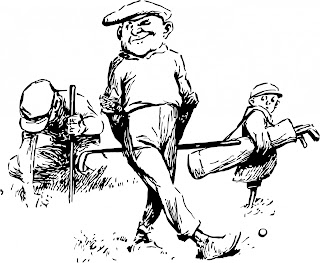The idiom "doing with impunity" refers to the act of getting away with something, usually an act that is considered wrong or unethical.
This phrase is used to describe a situation where a person is able to carry out an action without facing any consequences or repercussions.
It is often used in a negative context, to imply that the person is acting without regard for the rules or laws that would normally govern their behavior.

As a part of speech, "doing with impunity" is typically used as a verbal phrase, modifying the verb in a sentence to indicate the manner in which an action is performed. In this sense, it is similar to other adverbial phrases such as "with ease" or "with stealth".
There are several synonyms for "doing with impunity", including "getting away with it", "escaping consequence", and "act without consequence".
These phrases all convey a similar meaning, although they may carry slightly different connotations or nuances of meaning depending on the context in which they are used.
The origin of the idiom "doing with impunity" is unclear, but it is thought to have its roots in the Latin phrase "impunitas", which means "immunity" or "exemption from punishment".
Over time, this phrase has evolved to take on its modern meaning, and it is now commonly used in English to describe the act of getting away with something.
10 Sample Sentences Using "Doing with Impunity"
- The thief managed to steal from the store without getting caught, doing so with impunity.
- The corrupt official embezzled funds, getting away with it due to his political connections.
- The cheater was able to win the game without consequences, doing so with impunity.
- The vandal destroyed public property without facing any consequences, doing so with impunity.
- The liar told falsehoods without being caught, getting away with it due to his cunning.
- The murderer committed the crime without being discovered, doing so with impunity.
- The swindler defrauded others, escaping consequence due to their victims' naivety.
- The counterfeiter produced fake money without being caught, doing so with impunity.
- The hacker gained access to sensitive information without being detected, getting away with it due to his technical skills.
- The scofflaw disregarded the law without facing any consequences, doing so with impunity.
